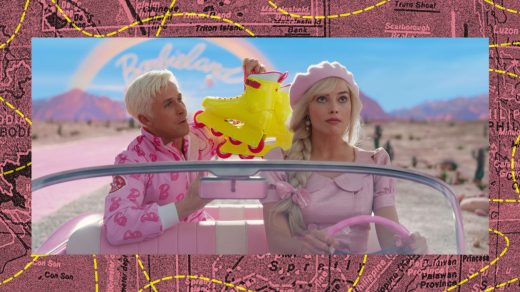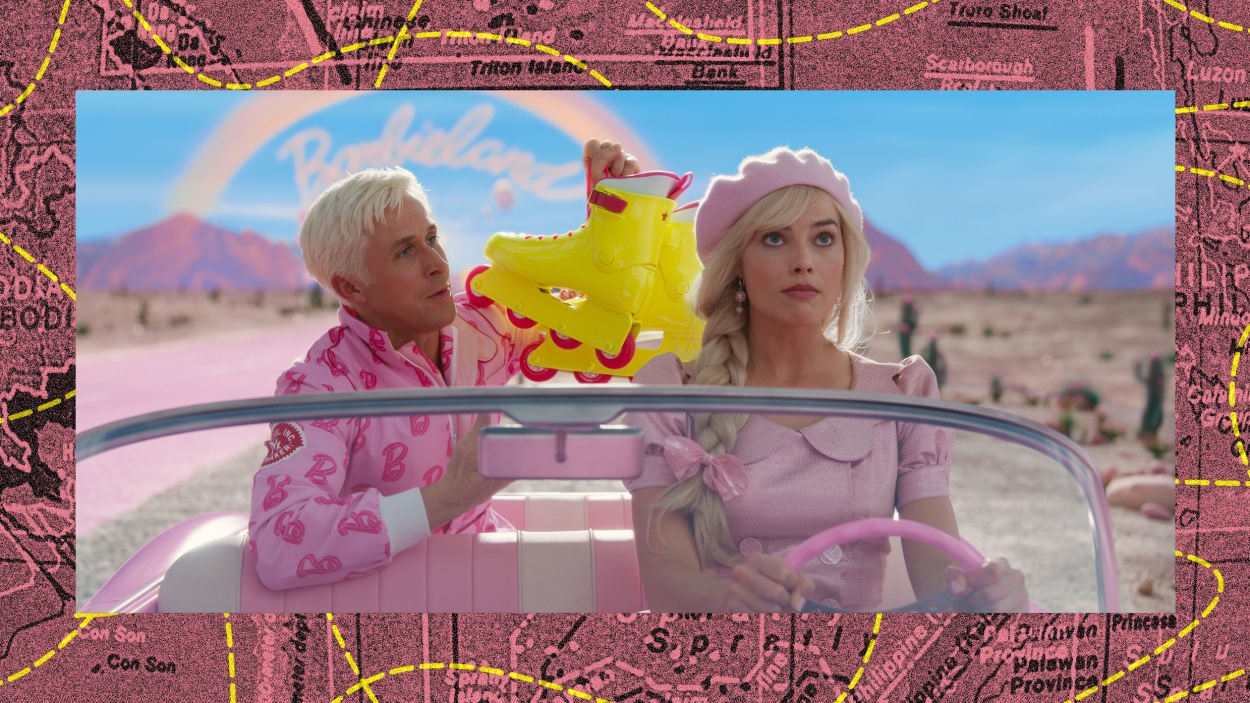What is the Nine-Dash Line? The ‘Barbie’ China controversy explained
One of the biggest movies of the summer is expected to be Barbie, starring Margot Robbie and Ryan Gosling and directed by Greta Gerwig. However, the film, which releases on July 21, just lost one of its foreign markets after Vietnam banned it—and the Philippines is considering a ban, too. The reason? Barbie reportedly features China’s Nine-Dash Line in the film. Here’s what you need to know.
What’s happened? Vietnam has banned the cinematic distribution of Barbie in the country and the Philippines is thinking about following suit, reports Time. This is because the movie features the Nine-Dash Line in the film.
What is the Nine-Dash Line? It’s an imaginary line in the South China Sea that appears on some maps, especially Chinese maps. As the Australian Broadcasting Corporation notes, while China has never explicitly said what the Nine-Dash Line’s borders precisely mean, its existence gives China to pretext to assert maritime advantages.
If it’s so ambiguous, why does it matter? The line is significant because international law gives countries territorial sovereignty over the waters near their coastlines. That sovereignty allows countries to operate their navies in those waters without dispute and also gives them fishing and resource extraction rights in those waters. The water borders of a country can be expanded if the country can lay claim to islands off its shores, and China has for years been building artificial islands within the South China Sea to expand its territorial claims.
Who objects to the Nine-Dash Line? Most countries don’t recognize it. If they did, China would be able to lay legal territorial claim to much of the disputed South China Sea. But those who most vocally object to the Nine-Dash Line are China’s close neighbors in the region, including Vietnam and the Philippines.
How does Barbie use the Nine-Dash Line? From a screenshot posted to Twitter, it seems the Nine-Dash Line appears on a very cartoonish world map on a blackboard. Still, the more a disputed construct appears in official documents or even in popular culture, the more legitimacy it gains. So its appearance in a movie seen by millions of people would lend legitimacy to China’s maritime border claims.
Why doesn’t Warner Bros. just remove the line if it’s causing so much controversy for the film? Warner Bros. did not immediately respond to our request for comment, but that’s what many people are asking. Some speculate that now that the Nine-Dash Line’s appearance in the film is known, the studio is afraid to remove it because doing so may irk the Chinese government. China is Hollywood’s biggest market now, with 1.4 billion consumers living in the country. If Warner Bros. were to remove the Nine-Dash Line, China’s censors could block the film from playing in the country—potentially costing Warner Bros. tens of millions in lost ticket sales.
(12)



